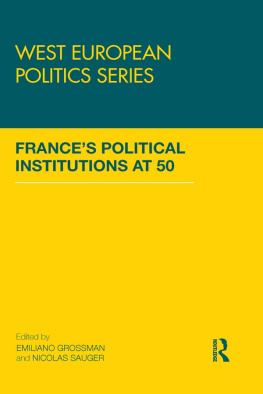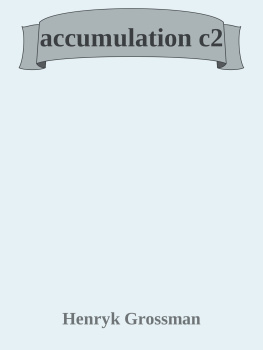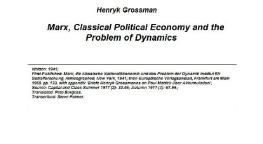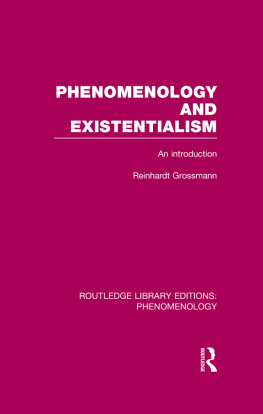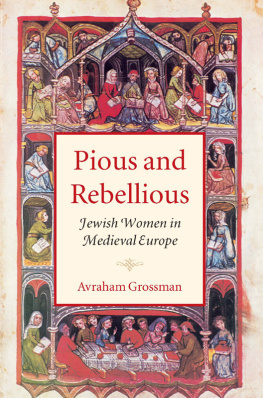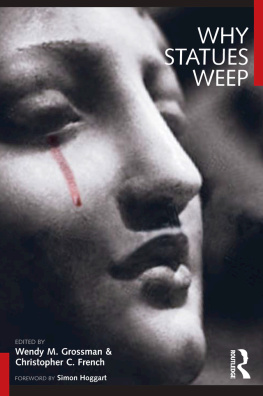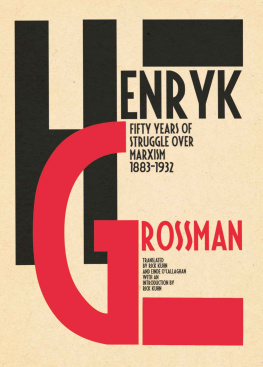Emiliano Grossman - Frances Political Institutions at 50
Here you can read online Emiliano Grossman - Frances Political Institutions at 50 full text of the book (entire story) in english for free. Download pdf and epub, get meaning, cover and reviews about this ebook. year: 2009, publisher: Routledge, genre: Politics. Description of the work, (preface) as well as reviews are available. Best literature library LitArk.com created for fans of good reading and offers a wide selection of genres:
Romance novel
Science fiction
Adventure
Detective
Science
History
Home and family
Prose
Art
Politics
Computer
Non-fiction
Religion
Business
Children
Humor
Choose a favorite category and find really read worthwhile books. Enjoy immersion in the world of imagination, feel the emotions of the characters or learn something new for yourself, make an fascinating discovery.
- Book:Frances Political Institutions at 50
- Author:
- Publisher:Routledge
- Genre:
- Year:2009
- Rating:4 / 5
- Favourites:Add to favourites
- Your mark:
- 80
- 1
- 2
- 3
- 4
- 5
Frances Political Institutions at 50: summary, description and annotation
We offer to read an annotation, description, summary or preface (depends on what the author of the book "Frances Political Institutions at 50" wrote himself). If you haven't found the necessary information about the book — write in the comments, we will try to find it.
Frances Political Institutions at 50 — read online for free the complete book (whole text) full work
Below is the text of the book, divided by pages. System saving the place of the last page read, allows you to conveniently read the book "Frances Political Institutions at 50" online for free, without having to search again every time where you left off. Put a bookmark, and you can go to the page where you finished reading at any time.
Font size:
Interval:
Bookmark:
and Nicolas Sauger

2 Park Square, Milton Park, Abingdon, Oxon, OX14 4RN
by Routledge
270 Madison Avenue, New York, NY 10016
Printed and bound in Great Britain by MPG Books Group, UK
A catalogue record for this book is available from the British Library
ISBN13: 978-0-415-46466-6
Edited by Klaus H. Goetz, University of Potsdam, Germany, Peter Mair European University Institute, Italy and Gordon Smith London School of Economics and Political Science, UK
The politics of control
Edited by Virgine Guiradon and Gallya Lahav
Transforming a stable democracy
Edited by Oyvind Osterud
Edited by Claudio M. Radaelli and Vivien Schmidt
The challenge of modernisation
Edited by Kevin Featherstone
Edited by Emiliano Grossman and Nicolas Sauger
Lessons from EU Studies and Comparative Politics
Edited by Jan Beyers, Rainer Eising and William A. Maloney
Edited by Martin Bull and Martin Rhodes
Pasts, presents, futures
Edited by Klaus H. Goetz, Peter Mair and Gordon Smith
Institutions and policy under bipolar and centrifugal federalism
Edited by Marleen Brans, Lieven De Winter and Wilfried Swenden
Edited by Deirdre Curtin and Morten Egeberg
Edited by Zsolt Enyedi and Kevin Deegan-Krause
| Emiliano Grossman and Nicolas Sauger |
| Robert Elgie |
| Emiliano Grossman |
| Sbastien G. Lazardeux |
| Nicolas Sauger |
| Olivier Costa and Eric Kerrouche |
| Andr Blais and Peter John Loewen |
| Simon Bornschier and Romain Lachat |
| Sylvain Brouard |
| Frank R. Baumgartner, Martial Foucault and Abel Franois |
| Emiliano Grossman and Nicolas Sauger |
Font size:
Interval:
Bookmark:
Similar books «Frances Political Institutions at 50»
Look at similar books to Frances Political Institutions at 50. We have selected literature similar in name and meaning in the hope of providing readers with more options to find new, interesting, not yet read works.
Discussion, reviews of the book Frances Political Institutions at 50 and just readers' own opinions. Leave your comments, write what you think about the work, its meaning or the main characters. Specify what exactly you liked and what you didn't like, and why you think so.

